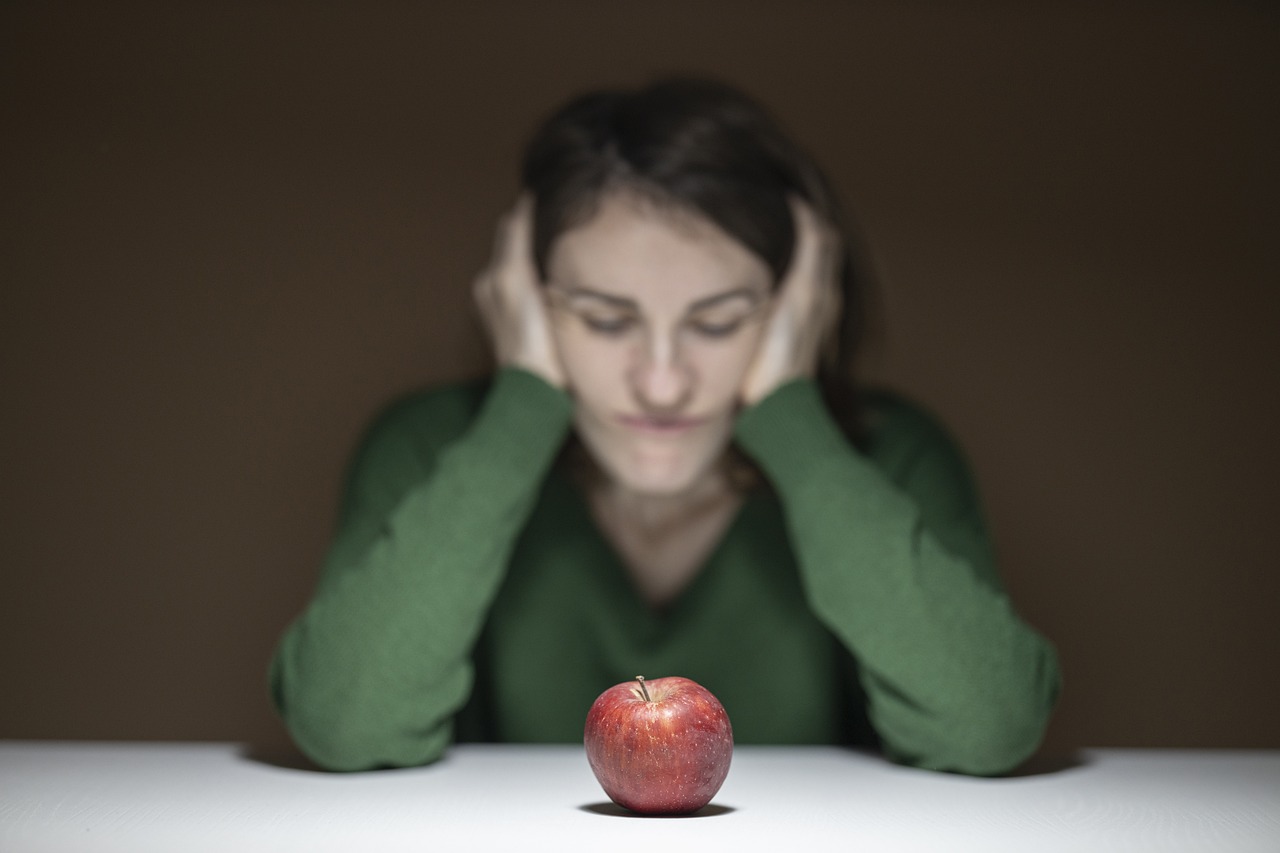
How Long Does It Take to Lose Weight: A Comprehensive Guide with Expert Tips
How long it takes to lose weight depends on your initial condition and the amount you wish to lose. A visible result may be achieved in a few weeks. Learn how to do it properly in this detailed guide.
How Long Does It Take to Lose Weight?
People often wish to achieve maximum results in the shortest possible time. This mindset is prevalent among students who cram the night before exams and artists who rush to meet deadlines. Many of us have had this habit since childhood, always wanting to get the maximum as soon as possible.
However, is quick always synonymous with good? When it comes to health and appearance, this issue requires even more control and attention. Still, not many people are ready to work in the gym for nine months straight and meticulously count calories to flaunt a beautiful body in the summer.
Thus, the question arises: Is it realistic to lose weight in a short period of time, and how long can it take to lose weight? Is it also safe to achieve this goal quickly? Let’s explore this issue from both scientific and practical perspectives.
Quick and Safe Ways to Lose Weight
Achieving maximum results in a short time is nearly impossible. However, there are a few secrets that can help you improve your figure faster:
- Clean Up Your Everyday Diet: Eliminate all sweets, fast food, fried foods, and products with animal fats. This will help reduce excess swelling caused by these foods. Depending on your initial weight, you can lose an average of 2 to 5 kg in just one week.
- Switch to a Low-Carb Diet: Base your diet on proteins (1.4 g per kg of body weight) and fats (1 g per kg). Carbs can be significantly reduced to 0.5 g per kg of body weight for normal conditions. Maintain this low level of carbs for no more than 2-3 weeks. After that, the process of metabolic adaptation will start, and your progress will slow down.
- Rid Your Body of Excess Water: For those who need quick results, such as for a photo shoot or a specific day, professional athletes’ methods can be used. Increase your daily water intake sharply—for women, 5 liters per day, and for men, 7-8 liters. Drink this amount for 3 days, then reduce it by half on the 4th and 5th days. On the 6th day, limit yourself to just 0.5 liters. This will help your body get rid of excess water and improve your shape temporarily.
Choosing the Proper Diet
If you decide to lose weight on your own, it’s crucial to select a diet that is safe and sustainable. It should be to your liking and easy to tolerate. Focus on your age, gender, physical and mental activity levels, and gastronomic preferences.
A proper diet must meet your body’s needs for proteins, fats, carbohydrates, vitamins, minerals, and fiber. If a diet excludes some components, it is not balanced and can be harmful to your health.
The main problem with modern human nutrition is the excessive consumption of fat and refined carbohydrates, combined with a lack of water, fiber, and protein. To lose weight more easily:
- Increase the number of fruits and vegetables in your diet.
- Eat lean meat (mainly poultry) or fish daily.
- Limit fatty foods and highly processed foods (sugar, white bread, white rice).
Nutritionists also advise avoiding sweet drinks and store-bought juices. Instead, consume dairy products and drink still water daily. A glass of low-fat kefir an hour or two before bed can be beneficial.
It’s also wise to take a vitamin-mineral complex during the diet, especially in the spring, and try to walk as much as possible, although this is not strictly necessary. It is crucial to eat foods with complete proteins and avoid excess fat.
Physical Activity and Obesity
While adjusting your diet can yield good results, adding physical activity to your daily regimen will accelerate your progress. Start with daily evening walks for an hour. If you have more time, add strength training in the gym 2-3 times a week for 1 hour.
Physical exercises offer many advantages over dieting alone. They increase the body’s workload, accelerate metabolism, and burn fat faster. Physical activity also enhances oxygenation, which plays a crucial role in weight loss.
It’s easier to achieve desired results if physical exercises are tailored to your body’s characteristics. Avoid starting with too heavy a load; increase it gradually.
It’s also important to maintain a balanced diet during intense physical activities. Eat several small meals throughout the day instead of a few large ones.
If gym visits aren’t possible, morning exercises at home are a good alternative. Dedicate 15-20 minutes daily to simple exercises. Running for 20 minutes also helps maintain good shape.
Remember, consistency is key. Regular physical activity, rather than sporadic efforts, will yield lasting results. Sports should become a lifestyle, not just a temporary weight-loss method.
Making Physical Activity Enjoyable
Choosing a physical activity you enjoy will make weight loss more sustainable. Many people find joy in dancing, which not only aids weight loss but also offers a sense of novelty and excitement. Dancing involves a variety of movements, engaging different muscles and enhancing the overall workout experience.
The only rule is not to overeat after dance lessons. Combining physical activity with proper diet is essential for effective weight loss.
Healthy Rate to Lose Weight: It Takes Time to Get in Good Shape
Quick-fix diets that promise rapid weight loss can harm your body. Moreover, you might gain even more weight once you return to a normal diet after such diets.
The healthy rate of weight loss is 0.5-1 kg per week. If your total weight is significantly higher than the norm, this rate can be slightly higher. The overall period for losing weight depends on individual characteristics and the amount of weight you plan to lose.
By regularly exercising in the gym, you can achieve significant weight loss in about three months. However, this varies per individual—some may need less than two months, while others might require six months or more.
In conclusion, achieving a good shape requires planning well in advance of important events or the summer season. Quick tips can provide temporary results, but the combination of regular exercise and a proper diet is the sustainable way to reduce weight and improve overall well-being.
